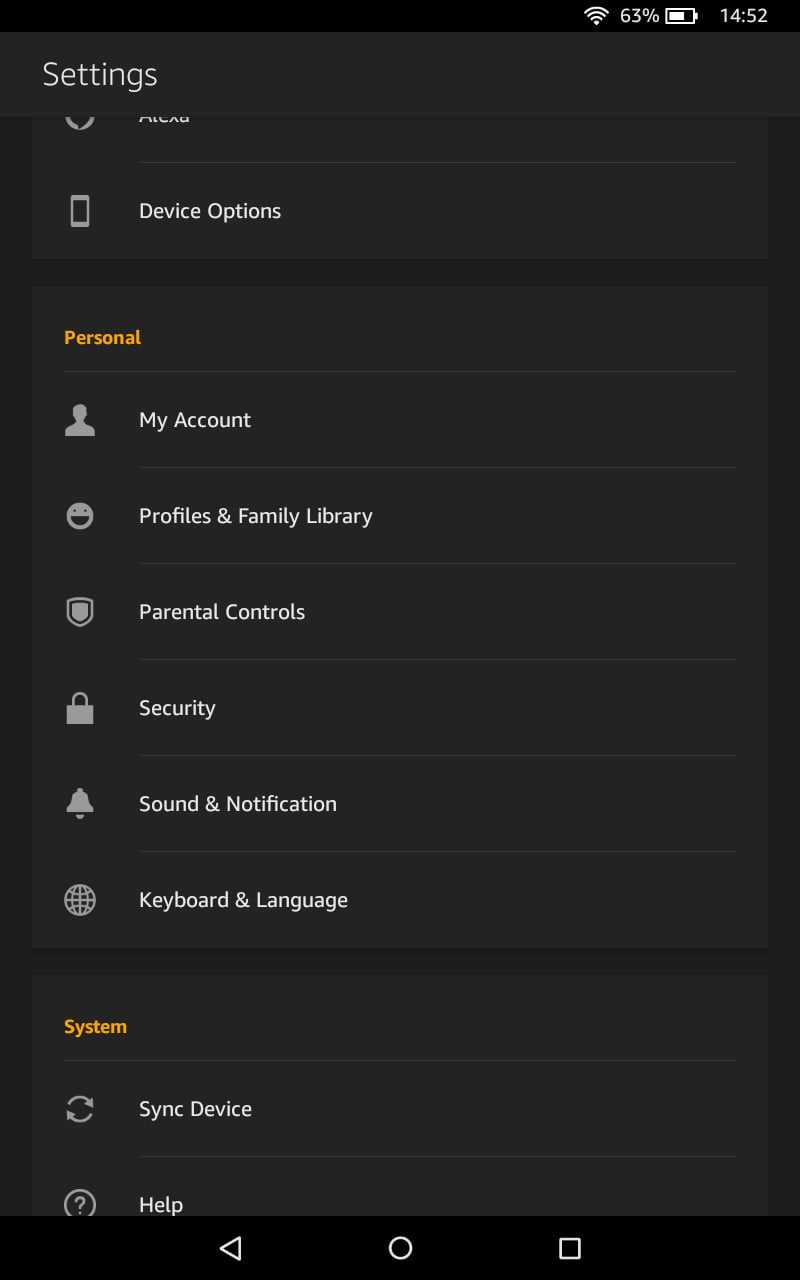

Each of the companies had between 4.5 and 4.9 percent market share.Īccording to the WSJ, Apple is looking into creating a platform to allow users to purchase goods at physical stores through their iTunes accounts.Įddy Cue, Apple's App Store boss, has been meeting with industry executives to discuss the company's interest in a payments platform for goods and services. LG jumped to fourth after seeing significant growth, thanks to hits like the G2 and Nexus 5. The company appears to have stagnated though, seeing the lowest year-over-year increase among all the top five vendors, by far.Ĭhinese giants Huawei and Lenovo came in third and fifth, with Lenovo seeing the largest annual growth. Notably however, the company lost some share to its rivals during the fourth quarter.Īpple took second place with 15.3 percent and 153.4 million units shipped for the year. Samsung continued to be king, with 313.9 million units sold and a 31.3 percent market share. Cheaper, low-end smartphones were seen as the big boost to the figures, with India and China and other emerging markets seeing most of their growth due to the cheaper phones. Google said VSP will reimburse members for their frames and lenses based on their prescription plan."Īs forecasted last year by research firm IDC, smartphone shipments reached over 1 billion in 2013.Īt 1.04 billion units, shipments were up 38.4 percent from 2012. For now, those professionals are only in New York, San Francisco and Los Angeles. Google partnered with VSP for the frames and Google says those that "purchase the new frames take their device, the frames and their prescription to one of Google's preferred eye care professionals, who can cut and fit prescription lenses. The frames cost $225, the sunglasses are $150, and invited early adopters have to pay $1500 for the glasses. "This marks the next phase in the evolution of Glass as we move toward a wider consumer launch later in 2014," Google said in its statement. With the new editions there are now a total of 40 different style combinations, says Google. The frames and shades are available now if you are a Google Glass early adopter, and will remain available through the general launch of the glasses later this year.Īmong the new designs are "bold, curve, thin and split" choices and the sunglasses shades will come in "classic and edge" designs. Google has announced new prescription frames and sunglasses shades for their Google Glass eyewear.

I am confident we will be successful with this process, and that our companies will not only maintain our current momentum in the market, but also build a strong foundation for the future." Read more. Lenovo has a proven track record of successfully embracing and strengthening great brands – as we did with IBM's Think brand – and smoothly and efficiently integrating companies around-the-world. "We are confident that we can bring together the best of both companies to deliver products customers will love and a strong, growing business. We will immediately have the opportunity to become a strong global player in the fast-growing mobile space," said Yang Yuanqing, chairman and CEO of Lenovo. "The acquisition of such an iconic brand, innovative product portfolio and incredibly talented global team will immediately make Lenovo a strong global competitor in smartphones.
#Samsung tizen z2 date and time inaccurate whatsapp license
Lenovo will license the rest of the patents and IP. Google will keep most of the patents but Lenovo will still receive 2000 patent assets, the Moto Mobility brand, and all of its trademarks. Google will receive $1.41 billion upfront (cash and shares) and the rest to be paid over the course of three years. Google purchased Motorola Mobility for its patents over two years ago for over $12 billion. Lenovo finally gets their entry into the North American market (as well as a better foothold in Western Europe), and Google gets to dump a division that has been hemorrhaging money for years. In easily the biggest tech news of the day, Lenovo has agreed to acquire the Motorola Mobility smartphone business purchased by Google in 2011.


 0 kommentar(er)
0 kommentar(er)
